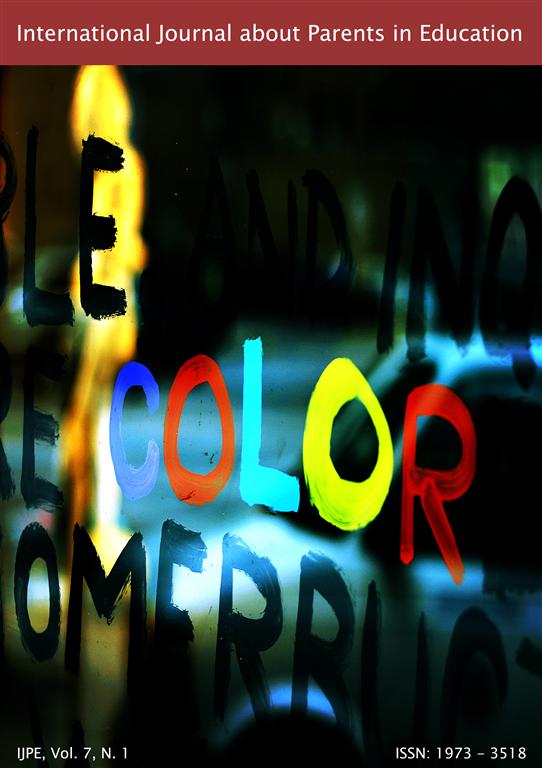Parental Involvement in High and Low Performing Schools in Gasabo District, Rwanda
DOI:
https://doi.org/10.54195/ijpe.18201Abstract
The present study examined to what extent parents in the rural area are involved in the education of their children and whether this involvement had an influence on the school performance. The study used a causal-comparative design to compare parents’ involvement in high performing schools and in low performing schools. A total of 326 parents participated in the study where they were requested to rate their own involvement in school on components such as having healthy children, participation in school management, parents as resourceful, support for learning, and gender sensitivity, care and protection. The results of the study indicated that parents were interested in the education of their children but their involvement was challenged by the socioeconomic status of overpopulated families and high illiteracy rate of parents among other factors. Contributions of parents to construction of classrooms, and the principle of equitable access for all children seemed well respected. Parents of children in high performing schools were significantly more involved than their peers in low performing schools particularly on concern for having healthy children, support for learning, and gender sensitivity, care and protection. Pupils whose parents care for the health of their children, are supportive of their children’s learning, and who possess attributes such as gender sensitivity, care, and protection tend to perform better in school.





